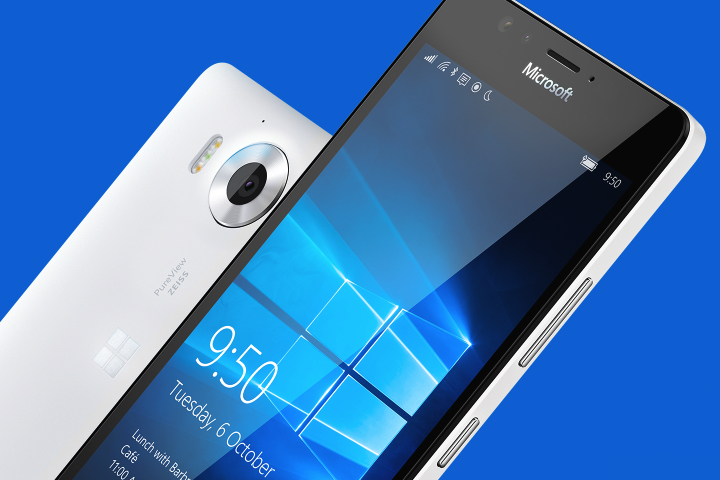
Updated on 01-13-2016 by David Curry: Added in news of another GFXBench benchmark.
Two GFXBench benchmarks are all we have for the HP Falcon, both with similar specifications. The latest benchmark reveals a 6-inch screen with a 2,560 x 1,439-pixel resolution, compared to the 5.8-inch screen with a 2,560 x 1,440-pixel resolution on the earlier benchmark. A 2,560 x 1,440-pixel resolution is common for smartphone displays, but Microsoft might be experimenting.
It is worth noting that benchmarks can be easily faked, and it is hard to verify the identity or validity of the smartphone through these benchmarking sites. Microsoft testing a
Both benchmarks show Qualcomm’s quad-core Snapdragon 820 processor, but the latest benchmark has 1.5GB of RAM compared to the 1GB of RAM on the earlier version. The two benchmarks also share the same 43GB of internal memory, and feature Qualcomm’s Adreno 530 graphics processor.
We also see similarities on the cameras, both sporting a 20-megapixel camera on the rear, and a 12-megapixel camera on the front — the benchmarks have the same video capture resolutions as well.
What is it? We’ve no idea. The HP Falcon name hasn’t come up before, and HP hasn’t been making mobile devices for sometime. The last time was January 2014 with the Slate 6 and Slate 7 VoiceTab, two Android-powered tablet/phone hybrids only released in India. Before this was a long line of HP phone failures, and the destruction of Palm after acquiring it in 2010. In late 2014 HP split into two factions, the business-focused Hewlett Packard Enterprise, and the consumer-driven HP Inc., but little has been said about mobile since.
The HP Falcon may be a never-to-be-released prototype, a peak at HP’s return to phone making, a Microsoft test device, a fanboy’s dream, or a weirdly code-named version of the often rumored Surface phone. Whatever the situation, we’ll keep you updated here.
Editors' Recommendations
- Windows 11 could get a mysterious new ‘Designer’ app
- Your Phone in Windows 11 now shows recent apps
- Windows 11 makes some noise with oft-requested design change
- Microsoft is working on new updates to make Windows 11 faster next year
- Google Chrome has a secret feature to make it match Windows 11’s new design




